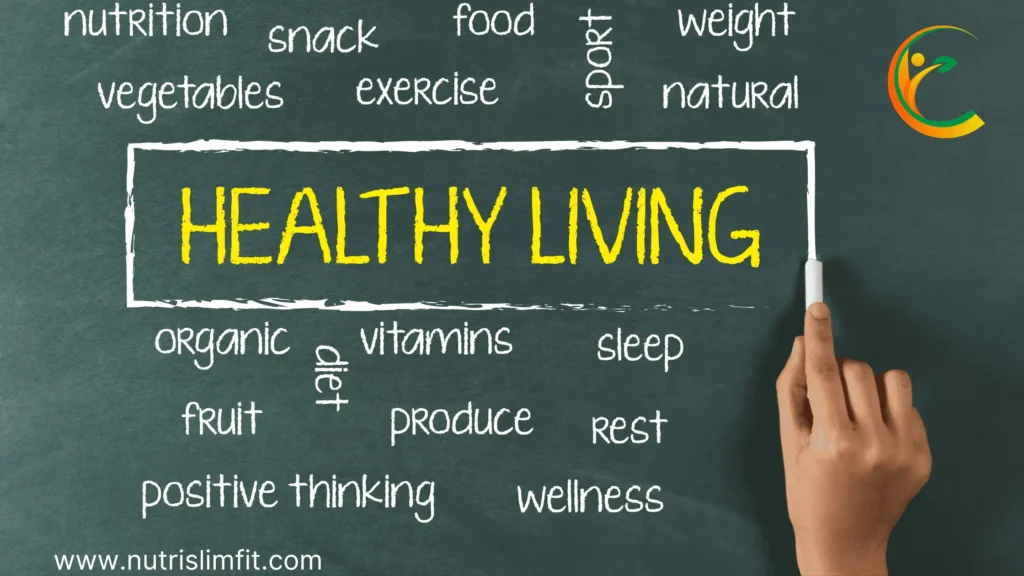Many people who are trying to maintain or reduce weight would love to have a fast metabolism. Your body uses your metabolism to turn the food and liquids you consume into energy. Your ability to burn calories and maintain weight loss increases with a faster metabolism.
In addition to dietary additions and lifestyle modifications, genetics also plays a part in increasing metabolic rate. Foods that Boost Your Metabolism in Your Diet to Speed Up Your Metabolism will be discussed in this blog post, along with other practical advice.
Foods that Boost Your Metabolism

Protein:
Fish, shellfish, and lean meats: These foods, which are high in protein and omega-3 fatty acids, require more energy to digest, which slightly increases the amount of calories burned.
Eggs:
A satisfying breakfast or snack choice, eggs are a flexible source of protein, vitamins, and minerals.
Legumes (beans, lentils):
Rich in fibre and protein, these foods increase fullness and may help control blood sugar levels, which supports a healthy metabolism.
Greek yoghurt:
Packed full of protein, this dairy product has probiotics that could improve gut health and possibly even affect metabolism.
Chilli peppers:
The compound that gives chilli peppers their heat, capsaicin, may enhance thermogenesis, the body’s process of producing heat, which could result in a minor increase in the amount of calories burned.
Leafy green vegetables:
Packed with vital vitamins and minerals, such as iron, that are needed for energy production and appropriate oxygen transport.
Broccoli:
This cruciferous vegetable has ingredients that may help the liver, which is essential to metabolism.
Whole grains:
Packed with more fibre than refined grains, whole grains help you feel fuller for longer periods of time and may even help control blood sugar levels.
Fruits:
Despite having a high natural sugar content, fruits are a great source of vitamins, minerals, and antioxidants that are good for your general health and may help keep your metabolism in check. Vitamin C is present in good quantities in fruits like tangerines, oranges, and grapefruits. Studies indicate that vitamin C contributes to the burning of fat when exercising.
Green tea:
Research indicates that green tea extract may boost insulin sensitivity and promote fat burning, which may improve metabolism.
Nuts:
Nuts rich in protein, fibre, and good fats include almonds, walnuts, and pistachios. Because they require more energy for your body to digest than other foods, they help speed up your metabolism.
Coffee:
Coffee’s caffeine increases the heart rate and activates the central nervous system. For a brief while, this effect puts your metabolism into overdrive.
Have your coffee black or with very little milk or cream added. Steer clear of added sugar, flavouring syrups, and excessive dairy, as these ingredients add extra calories. Aim for no more than one or two cups of coffee per day to avoid adverse effects.
Chia Seeds:
Chia seeds gel when they swell in liquid. They also slow down digestion, which makes them incredibly satiating. Because of their high protein and fibre content, they take more energy for your body to digest.
Chia seeds can be added to muesli, yoghurt, juice, and smoothies. Chia seeds can also be used to thicken protein, baked goods, and puddings.
Tips:
Portion control is essential: Although these foods have certain advantages, moderation is essential.
Concentrate on eating a balanced diet: To make sure you get the vital nutrients your body needs, include a range of healthy options from all the food groups.
Speak with a medical professional: It is always advisable to speak with a healthcare provider if you have any questions concerning your metabolism or particular dietary requirements.
Beyond Food: Tips to Ignite Your Inner Fire
Along with including these foods, take into account the following lifestyle choices that may help maintain a healthy metabolism:
- Keep yourself hydrated: Water is necessary for many body processes, such as nutrition absorption and digestion. Make it a point to stay hydrated during the day.
- Get enough rest; try to get seven to eight hours of good sleep every night. Lack of sleep can interfere with hormones that control metabolism.
- Control your stress: Prolonged stress can impair metabolism. Look for stress-reduction techniques that are healthy, like yoga, meditation, or exercise.
- Move your body: Engaging in regular exercise, such as cardio and strength training, can improve your metabolism and general health.
In summary:
It’s not necessary to take drastic measures to increase your metabolism. Modest dietary and lifestyle changes that increase metabolism through the use of certain foods, spices, and habits can have a big impact. Choose two or three changes to begin with, then add more as needed because consistency is important. When you strive for long-term results, pay attention to how your body reacts.


